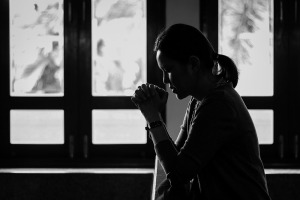UK Doctors Aim to Reduce Weight of Religious Beliefs for Medical Decisions
Physicians in England are voicing their concerns over devoutly religious parents who refuse to stop or start medical treatment of their critically and terminally ill children.
Doctors who work at Great Ormond Street Hospital, a children's hospital in London, initially raised their concerns after they claimed that some fundamentalist Christians were interfering with medical procedures with the "expectation of miraculous intervention," according to The Christian Institute.
The doctors raised their concerns in a study published in the Journal of Medical Ethics, titled: "Should religious beliefs be allowed to stonewall a secular approach to withdrawing and withholding treatment in children."
There hope is that these efforts will lead to a review and change of the legal system that would decrease the weight that parents' religious beliefs have when determining which medical procedures to prescribe and which ones not to.
Their actions, however, have been met with accusations that those changes would reduce the best interest of the child to meet determined medical criteria.
"[Doctors] seem to think that because we are becoming an increasingly 'secular society' there is some sort of democratically ordained mandate to impose secular values on everyone," Charles Foster, a legal professor at Oxford University, told The Christian Institute.
Doctors did maintain that faith was a vital support for parents, but were wary that religious beliefs were increasingly being allowed to circumvent medical opinion concerned with the treatment of children.
"It is difficult to imagine the situation where a parent faces losing a child and it is understandable that many parents are unwilling to let go. This is true whether a parent has faith or not," Dr. David Jones, director of Anscombe Bioethics Center, said in a statement.
"In a third of cases of difficulty noted in the report, religious faith did not play any explicit role. It is not, therefore a uniquely religious problem, but a question of how best to find agreement about what is in the child's best interests," he added.





























